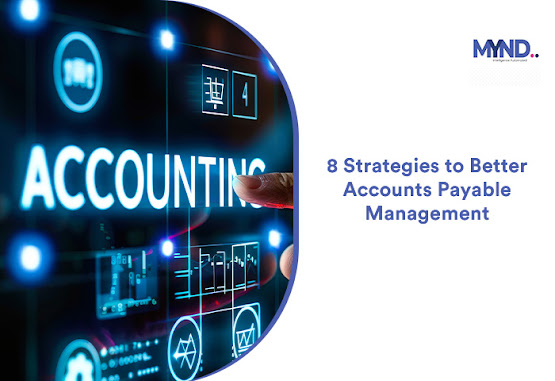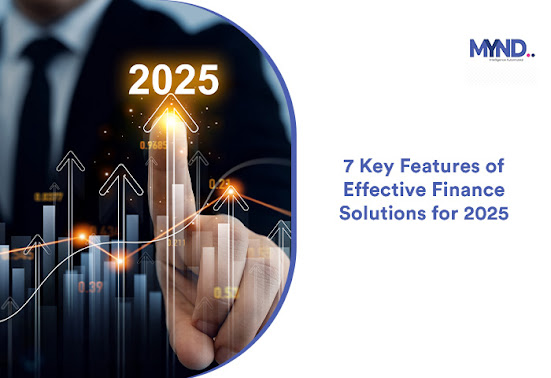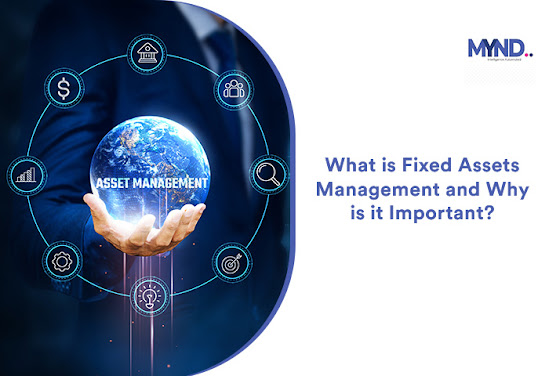Understanding Statutory Compliance: A Comprehensive Overview

Understanding Statutory Compliance: A Comprehensive Overview Statutory compliance refers to the laws, rules, and regulations that are established by the government to safeguard enterprises and to guarantee the overall protection and well-being of employers and employees. This covers a wide range of areas, including taxes, labour laws, data protection, and adherence to the environmental rules. Compliance with regulations is essential for building a sustainable and ethical business. By ensuring compliance, you can avoid legal risks, financial penalties, and, most importantly, reputational damage. Regardless of the size of your company or status, from start-ups to multinationals, comprehending and following this compliance is important for all businesses. In this guide, you'll discover the advantages of complying with regulations. Also, you will get to know the key areas and steps to achieve it. Statutory compliance's advantages Mitigation of risk: By protecting your c...



